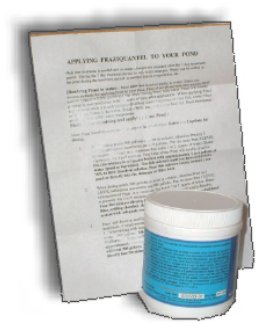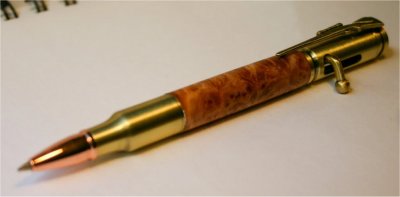Praziquantel for Flukes
Praziquantel – (branded Droncit) (Now available for fish as PraziPro)
What it is: Praziquantel is a bitter tasting powder which shows good absorption directly from the treated water, and then admirable clearance of various surface and internal flukes (trematodes) and internal worms in fish.

What it’s good at: Because it’s gentle, Praziquantel is, and always has been, the “treatment of choice” for Flukes (trematodes) in fish. Praziquantel does not require water changes, praziquantel is harmless to fish of *all* species including Discus, Koi and goldfish fry, and is non toxic to plants, and; (unlike Formalin), praziquantel has no negative filter impact.
Background: Praziquantel has been known to the hobby for many years. It’s the active ingredient in Droncit, Drontal, Biltricide… For deworming Koi, the drug is simply put in the water and within just a few hours the infected fish shed the adult parasites from their intestines. Long tapeworms are sometimes found on the bottom of the treatment tank. It was determined also that the
Praziquantel was effective at killing and stopping Fluke (monogenetic trematode) infections equally. Repeat dosing is usually recommended.
Praziquantel was traditionally available in the form of branded Droncit tablets, for oral administration in dogs and cats.
Now you can get it here: Click
Even with Biltricide, the cost of veterinary praziquantel is daunting.
Lately, the drug has become available such that it can be deployed for about $20 per thousand gallons to be treated.
Dosing:
The recommended dose of veterinary or lab grade Praziquantel is 2 milligrams per liter of water. This means that in 100 gallons of pond water you would need about seven hundred milligrams. In a thousand gallons you would need about seven grams of Praziquantel.
The drug is simply stirred vigorously into a liter of clean water and, when mostly dissolved, the white colored suspension is deposited into a high-flow area of the pond. If the fish ingest some of the medicine as it settles out, it’s not a problem. Discontinue carbon and UV during treatment to avoid inactivation of the Praziquantel.
You do not need to bypass the filter nor worry about oxygen levels during treatment. The most successful treatments are deployed in cleaner ponds, so any excess leaf litter or debris should be removed. Clearance of the flukes can be determined by microscopy or the overall improvement of signs of flashing and scratching. On occasion, segments or ribbons of worms may be passed in the fish stools and are generally of no concern to human health. No side effects as far as fish behavior or health have been reported or expected.
If you’re treating a Fluke infestation, traditional wisdom suggests a single repeat treatment in four to five days after the first treatment to kill emerging larvae which may have been shielded from treatment by the mother-fluke or the egg.
Pros: The advantages are that Praziquantel is entirely benign to plants, fish and filter while clearing the Flukes and intestinal worms out rapidly and completely, even with fry.
Now, it can be considered that praziquantel is the least-expensive specific aquacultural Fluke treatment for ornamental ponds. When you consider that it requires only one or two doses and does NOT require water changes, nor plant removal, nor increased water agitation, this remedy is even superior to the “once king” Fluke Tab which contained a potentially damaging organophosphate and has enjoyed, at best, spotty availability during the summer.
Cons: Praziquantel is still not cost effective for lakes and natural ponds.
Non specific Fluke remedies such as Formalin or Potassium permanganate are not risk free.
Precautions: Do not use on food fish or fish intended to be used as food. Keep out of reach of children. Do not take or give internally except by or on the order of your physician.
Thanks,
Doc Johnson




